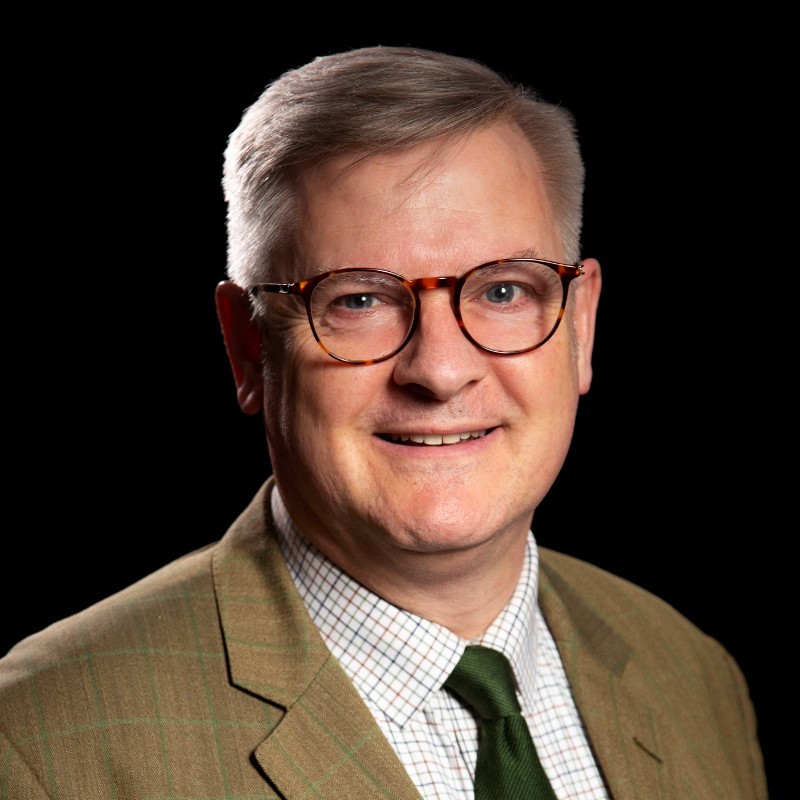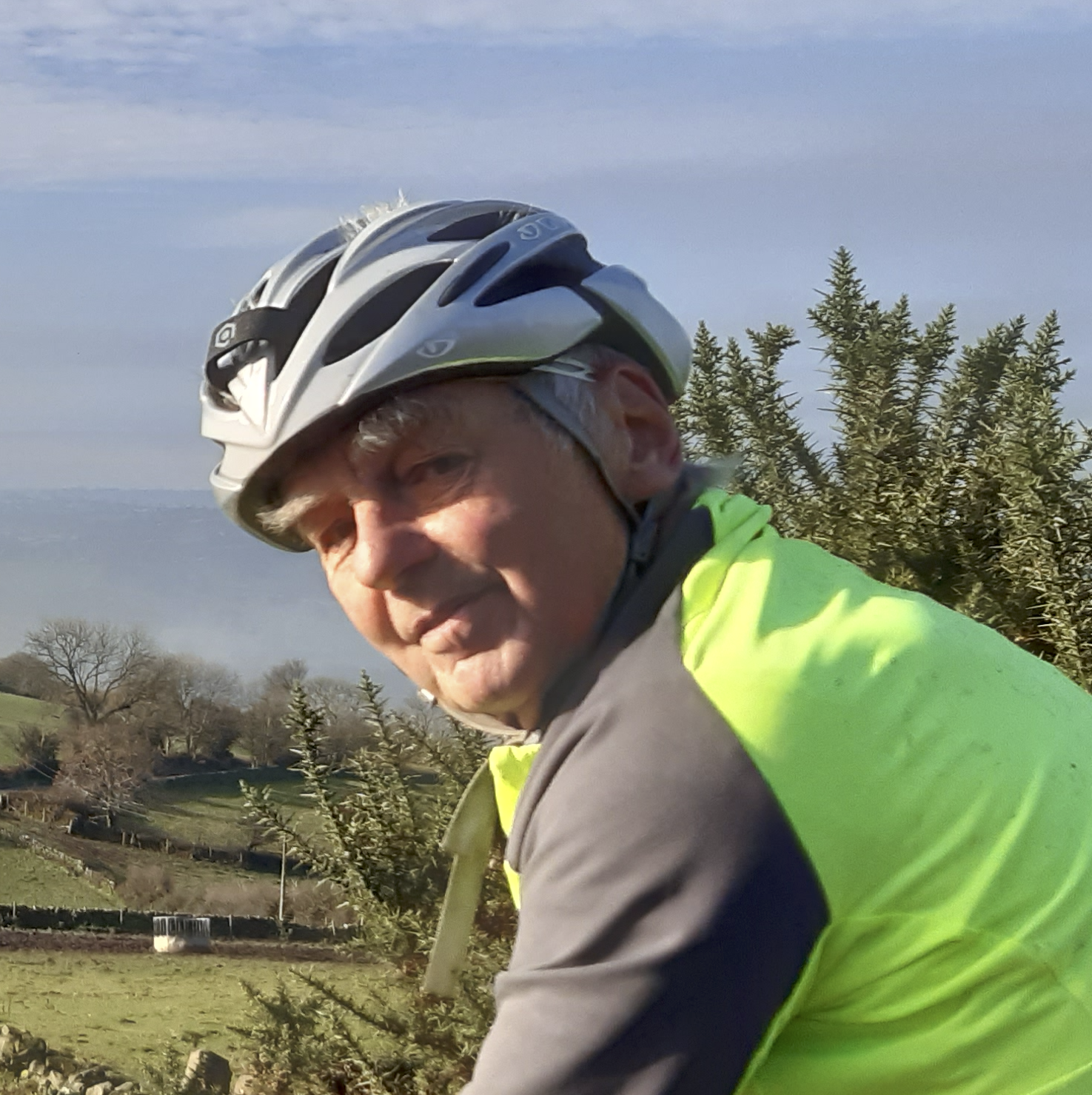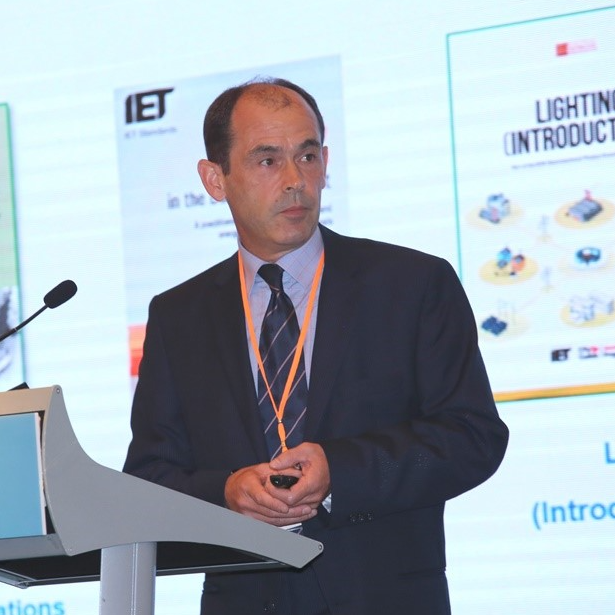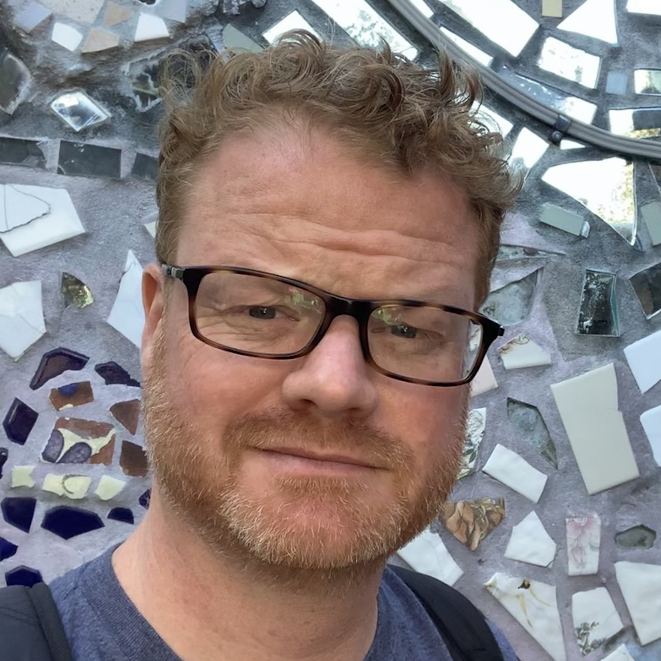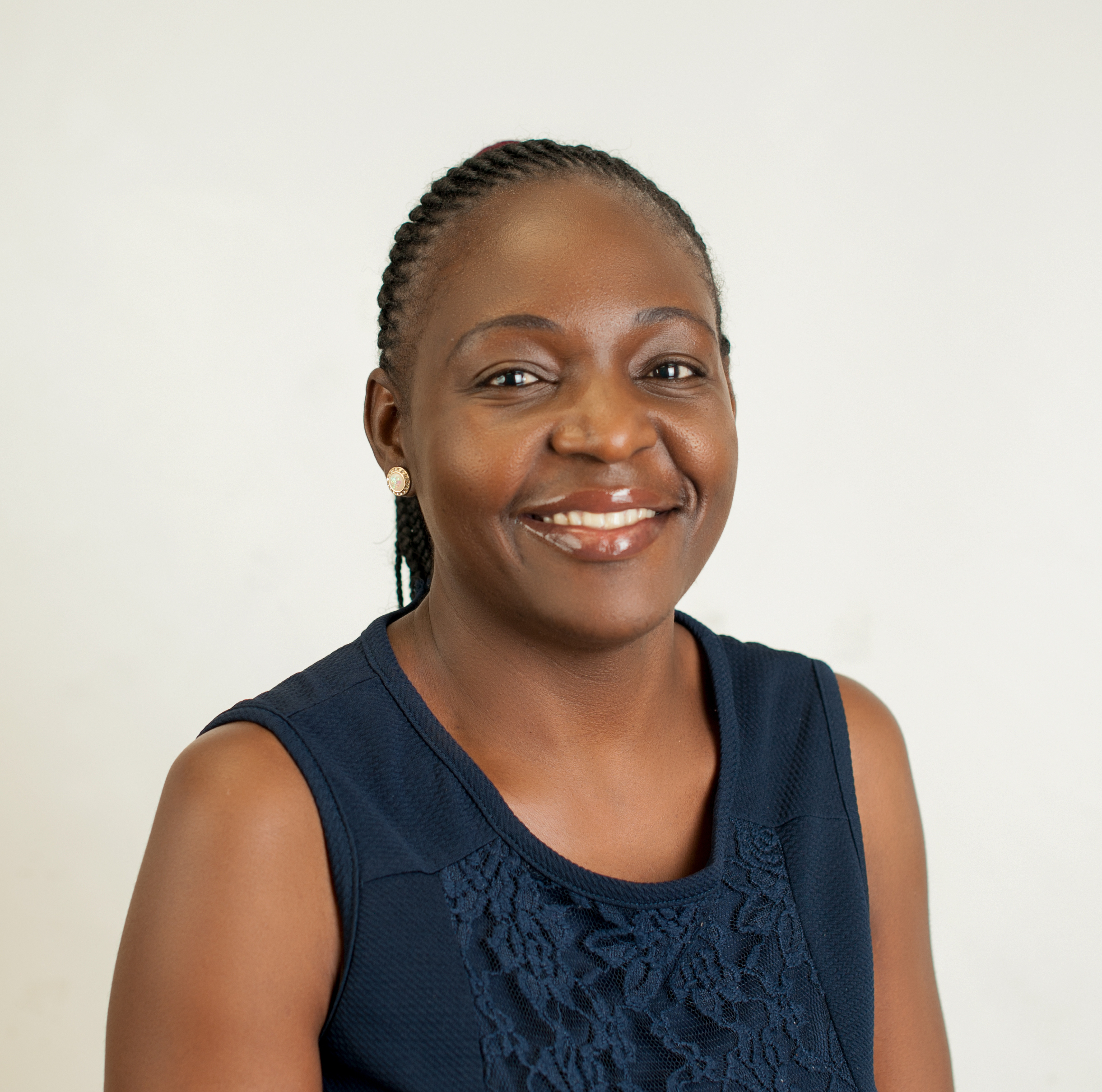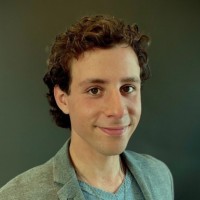Trustees
GATE trustees in 2018

Mat Colmer, Daniel Kenning, Susan Krumdieck, Nick Bristow, Michael Reid, Cameron Steel, Mark Hooley
in Chelmsford, UK
Current GATE Board of Trustees (2023)
|
|
Chair of the Board of Trustees Daniel Kenning is a Chartered Engineer, Chartered Environmentalist, visionary, teacher and co-founder of Transition Engineering and Distinguished Fellow of the Schumacher Institute. After studying Physics and Engineering Product Design, his background is new product development engineering at Ford and Visteon, where he became a Sustainability Specialist. Later in the construction sector he created guidelines in sustainability for the built environment. In 2001 he founded Splendid Engineering, to help clients establish a future vision consistent with the changing future operating environment. He Chaired the IMechE “Energy Environment and Sustainability Group” for 7 years, established Transition Engineering with Susan Krumdieck in 2009 and in 2014 co-founded The Global Association for Transition Engineering. Daniel specialises in whole-system change towards sustainability which he defines as “the capacity to continue”, including technological and non-technological change; creating solutions rather than selling technology. In 2003 he built the Splendid Eco-Car project, working with the car-sharing community to develop a new approach to whole-system design that enables a far bigger impact than just product-level re-design. In 2013 he co-authored the IMechE Transport Hierarchy policy framework that captures this whole-system approach to making transport work within future constraints. |
|
|
Susan Krumdieck is a Professor of Mechanical Engineering, and is currently Chair in Energy Transition Engineering at Heriot-Watt University, Scotland, UK. She received her PhD from University of Colorado at Boulder, and taught energy subjects at University of Canterbury in Christchurch, New Zealand for 20 years. Susan has wide ranging research interests, publishing more than 100 peer reviewed papers and supervising 30 PhD students. She has had research funding success in excess of £4M as Principal Investigator, and she is currently research leader of the Islands Centre for Net Zero (ICNZ) which is a £16.5M endeavour in the Scottish Islands as part of the Islands Growth Deal. Throughout her research career Susan has pursued the big question “How do we engineer the changes necessary to correct unsustainable practices and activities?” Her group’s work was first recognised as the seven-step methodology of Transition Engineering when Susan was awarded the IET Prestige Lecturer of 2010. She subsequently published four book chapters on Transition Engineering and in 2020 the first text book was published by the CRC Press, Taylor & Francis. Susan was recognised for service to sustainability and engineering in the 2020 Queens New Year’s Honours as Member of New Zealand Order of Merit. Susan has also established online training and education courses in Transition Engineering and Energy Transition Engineering Labs, and has delivered numerous workshops and executive education. Susan established Transition Engineering with Daniel Kenning in 2009, before co-founding GATE in 2014. |
|
|
Nick Bristow is a recently retired Chartered Engineer and Fellow of the Institution of Mechanical Engineers (IMechE). He has a BA in Engineering Science from Oxford University and is a member of the boards of two I Mech E committees, the Energy, Environment and Sustainability Group (EESG) and the Renewable Power Committee (RPC). His early career was spent in the mining and tunneling industries but since the mid-1980s has been mainly involved in renewable energy (particularly wind turbine and wind farm development), building integrated renewables and sustainability generally. His roles have included Chief Engineer and Technical Director of heavy engineering design and manufacturing companies and Project Manager for wind farm and zero carbon building projects. He is a passionate believer in the need for urgent action to curb fossil fuel use and for fundamental changes to the current business-as-usual growth and economic policies. In retirement, as well as being a GATE Trustee, he is very much involved in his local Transition Town initiative including advising on energy savings in school buildings and private dwellings and in promoting community renewable energy projects. He has also turned his home, originally built in the 1700s, into as near as possible a zero carbon dwelling with all external surfaces insulated to a high standard and incorporating several renewable energy technologies.
|
|
|
Cameron Steel is a Chartered Engineer and consultant in electrical services design. He is the author of various IET publications such as Energy Efficiency in Electrical Installations, Energy Management, and Building Controls and Automation. He presented to the 2022 CIBSE Technical Symposium about his personal experiences with a DHW ASHP. Professionally he has worked on a number of electrical engineering projects focused on energy efficient outcomes and is currently engaged on several large-scale heating decarbonisation projects in the public sector. |
|
|
Mat Colmer is an expert specialist in advancements that shape our urban and built environments. With over 20 years of experience leading large-scale projects that investigate the performance of buildings, infrastructure and associated systems; Mat's extensive understanding has been gained through working at the forefront of innovation. He works with public and private organisations within the construction sector focusing on shifting practices to produce safe, healthy, and efficient buildings using the latest digital techniques. Most recently Mat has been working as Senior Innovation Lead with Innovate UK, part of UK Research and Innovation. Here Mat has led the Transforming Construction Challenge and Net Zero Heat activities and is responsible for delivering construction activities that promote a manufacturing approach, use digital and data-driven processes and shift the construction sector to higher productivity and greater whole-life value. Mat has a Masters in Environmental Technology from Imperial College London and is an active member of many industry working groups where he uses his wide knowledge of issues relating to the performance gap to inform and affect change. |
|
|
Luyando Mbozi is an Environmental Engineer and Project Manager with more than 10 years of work experience mainly from the mining sector. She is an expert in environmental management, formulating environmental policies, implementing management systems and managing projects. She is also a researcher and a consultant. As an Environmental Engineer, she has worked on several projects to ensure their sustainable development. As a leader, she has worked as Country Director Kulemela, headed the HSE department for BIA Group, managed all environmental matters at Nkana Open pits, Mindola underground and Leach plant of Mopani Copper Mines. Her passion for positive development led to her election as a board member on the Engineering Institution of Zambia (EIZ) board and her appointment to a number of EIZ committees. |
|
|
Florian Ahrens is a process engineer with focus on process energy engineering with work experience in the energy storage sector. He is currently doing a PhD in Transition Engineering with Heriot-Watt University. His work is part of the Islands Centre for Net Zero in Orkney, Scotland. He is researching tools and processes to codify the Transition Engineering discipline into “Transition Engineering Labs” that can be reproduced by organisations and communities. He is interested in running Transition Engineering projects together with communities and organisations. Further interests are engineering solutions for fossil-fuel drawdown through modelling and simulation and technical feasibility analyses. |
|
|
Grant Symons is a global thought leader on Transition and CEO at Transition-HQ Ltd. Grant thrives on helping organisations and communities develop their capability to adapt in a fast changing world. He has authored over 100 articles related to Transition and works at the forefront of capability development, research, transition strategy, standards, risk management and resilience. With a positive and pragmatic outlook he strives to ensure Transition is realistic and doable.
|
|
|
Johann Land has a diverse background in multiple engineering disciplines, specializing in process engineering for energy systems. His work as a Transition Engineer focuses on modelling and analysis of different scenarios to determine their feasibility and relevancy to comply with the Paris Agreement. Johann mentors students at University of Canterbury to frame and describe Wicked Problems to create disruptive Shift Projects. His PhD research into Chemical Vapour Deposition led to the creation of a start-up company named Aegis Ceramics where he currently works as Chief Scientific Officer. |
Click here to send us an email

